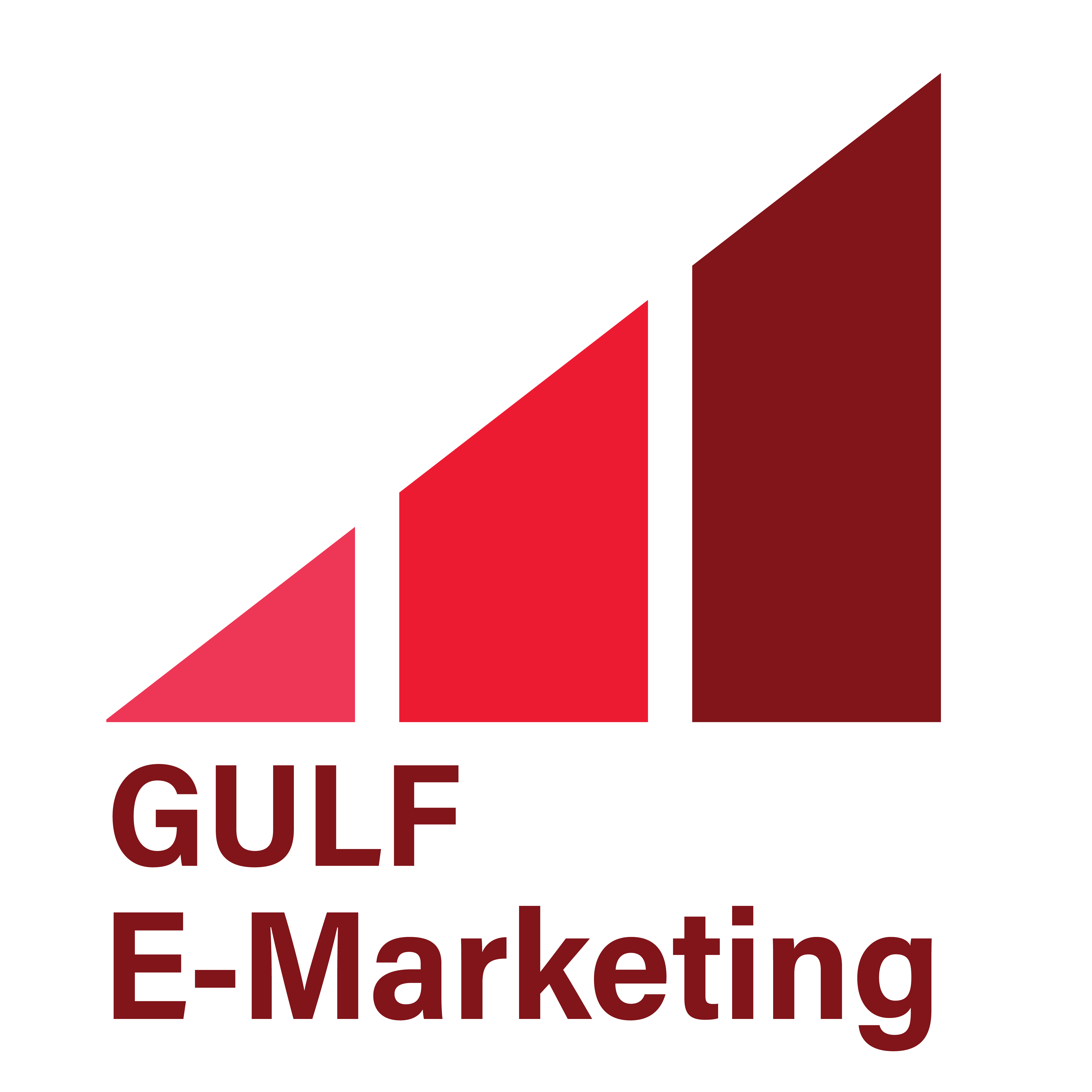- September 21, 2024
- email Marketing, Social Media Optimization Tips, Web Marketing
- 0 Comments
In today’s digital-first world, web marketing has become an essential tool for businesses to thrive, especially in a dynamic and fast-evolving market like the UAE. With its high internet penetration rate and a population that embraces online services, the UAE offers a unique opportunity for businesses to expand their digital presence. However, to truly succeed, web marketing must be more than just a box-ticking exercise—it must be effective, personalized, and aligned with the local market.
1. Understanding the UAE’s Unique Digital Landscape
Before diving into strategies, it’s crucial to understand the unique dynamics of the UAE’s digital ecosystem. As one of the most connected nations in the world, the UAE boasts over 99% internet penetration, with users spending a significant amount of time online. From social media platforms to e-commerce websites, the UAE’s digital audience is tech-savvy, making them receptive to smart and innovative web marketing strategies.
Key Consideration:
The UAE’s population is a blend of locals and expatriates, each with different preferences and behaviors. An effective web marketing strategy must account for this diversity, with tailored content and approaches that resonate with both Emiratis and expats.
2. SEO and Local Search Optimization: Get Found Where It Matters
Search Engine Optimization (SEO) remains one of the most effective web marketing tools for businesses in the UAE. However, focusing on generic SEO may not yield the best results. Local SEO is particularly important in the UAE, as consumers often search for products and services that are nearby and relevant to their daily lives.
Why It’s Crucial:
In a competitive market like Dubai or Abu Dhabi, businesses need to ensure they show up in local search results. With Google being the most used search engine in the UAE, optimizing for local search terms in both Arabic and English is essential to gaining visibility.
Actionable Tip:
Focus on keywords that include location-based phrases like “Dubai restaurants,” “best salon in Abu Dhabi,” or “UAE real estate.” Optimizing for Google My Business, ensuring your business information is up to date, and including local backlinks will also help boost local search performance.
Example: A new café in Dubai should target keywords like “best coffee shop Dubai” and optimize their website for location-specific searches. They can also use social media platforms to share their location and encourage reviews to improve local SEO rankings.
3. Social Media Marketing: Engaging Audiences in Real-Time
The UAE’s social media penetration is among the highest in the world, making platforms like Instagram, Facebook, and Snapchat powerful tools for web marketing. To leverage this effectively, brands need to craft engaging, relevant, and culturally sensitive content that resonates with their audience.
Why Social Media Marketing Works:
– Visual Content Rules: Platforms like Instagram and TikTok, where users love visual content, are highly popular. Engaging visuals, video marketing, and interactive stories capture attention and drive user engagement.
– Influencer Marketing: The UAE is home to several influential social media figures, and influencer marketing has become a huge trend. Collaborating with local influencers can help businesses reach niche audiences and build trust.
Solution:
To stand out on social media, brands must craft culturally relevant and authentic campaigns. Visuals should be tailored to the UAE’s aesthetic, with a focus on high-quality imagery, relatable content, and interactive elements.
Creative Approach: Utilize polls, quizzes, or live videos to increase user engagement on Instagram or Facebook. Highlight your brand’s story and align it with local values, such as community, family, and innovation.
4. Multilingual Content Marketing: Reaching a Diverse Audience
The UAE is home to a multi-lingual population, with Arabic and English being the most widely spoken languages. Effective web marketing in the UAE must cater to both.
The Challenge:
If you focus on just one language, you risk alienating a significant portion of your audience. However, direct translation often fails to capture the nuances of local culture and preferences.
Solution:
Instead of simply translating content, adopt a localization strategy that adapts your messaging to suit both languages and cultural contexts. This approach ensures your content is relevant, engaging, and respectful of local customs and preferences.
Example: A tourism company marketing Dubai should produce bilingual blogs, social media posts, and newsletters in both Arabic and English, with slight modifications to account for cultural differences in tone and style.
5. Paid Advertising and PPC: Targeting High-Intent Audiences
Pay-per-click (PPC) advertising is another critical component of web marketing in the UAE. Platforms like Google Ads and Facebook Ads allow businesses to target specific audiences based on demographics, interests, and even location. Given the diversity in the UAE, precise targeting is key to running an effective paid advertising campaign.
Why PPC Is Powerful:
PPC ads allow businesses to reach high-intent audiences who are actively searching for products or services. This is particularly effective for industries such as real estate, retail, hospitality, and luxury goods—areas where the UAE excels.
Actionable Tip:
Ensure you set up targeted campaigns that take into account UAE-specific trends. Use demographic data to focus on age groups, income levels, and preferences that align with your product. Retargeting ads to people who have visited your website but haven’t converted can also improve your ROI.
Example: A luxury fashion brand could use Google Ads to target high-income individuals in Dubai and Abu Dhabi, focusing on keywords like “luxury fashion UAE” or “designer handbags Dubai.”
6. E-commerce and Mobile Optimization: Meeting Consumer Expectations
With e-commerce thriving in the UAE, especially post-pandemic, a seamless mobile-optimized user experience is crucial for any business looking to make an impact through web marketing. Most users in the UAE browse the web via smartphones, making mobile optimization non-negotiable.
The Challenge:
If your website isn’t optimized for mobile devices, you’re likely missing out on a significant portion of potential customers. Slow loading times, poor user experience, or complex navigation can lead to higher bounce rates and lower conversions.
Solution:
Focus on mobile-first design. Ensure your website is responsive, loads quickly, and provides a seamless user experience across all devices. Utilize tools like Google’s Mobile-Friendly Test to check your site’s mobile performance and fix any issues promptly.
Pro Tip: Integrating mobile payment options like Apple Pay or Samsung Pay into your e-commerce store will enhance customer convenience and encourage higher conversion rates.
7. Email Marketing: Personalization is Key
While often overlooked, email marketing remains one of the most effective channels for reaching audiences in the UAE. However, success in email marketing relies heavily on personalization.
The Challenge:
Consumers in the UAE, like those elsewhere, are bombarded with promotional emails daily. Generic, impersonal emails are often ignored or deleted.
Solution:
Leverage segmented email lists to ensure your emails are relevant to your audience. Personalize subject lines, tailor the content to the recipient’s preferences, and include localized offers or promotions. Automation tools like Mailchimp or HubSpot can help you manage these campaigns effectively.
Example: A hotel in Abu Dhabi could segment its email list into categories such as business travelers, families, and vacationers, sending personalized promotions or packages tailored to each group’s specific needs.
Conclusion: Driving Success with Effective Web Marketing in the UAE
Effective web marketing in the UAE requires a deep understanding of local culture, a strong grasp of the digital tools available, and the ability to adapt to the changing online behaviors of consumers. From localized SEO to engaging social media content and mobile-optimized websites, brands must invest in strategies that connect with the UAE’s diverse, tech-savvy audience.
By leveraging creativity, personalization, and culturally relevant messaging, businesses can not only stand out in the crowded online space but also build long-lasting relationships with their customers in the UAE’s vibrant market.



